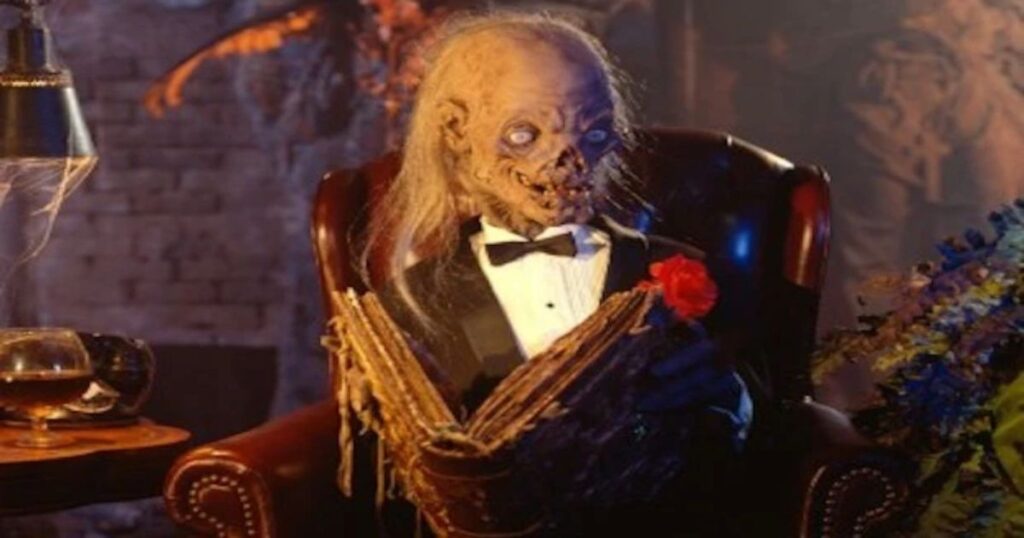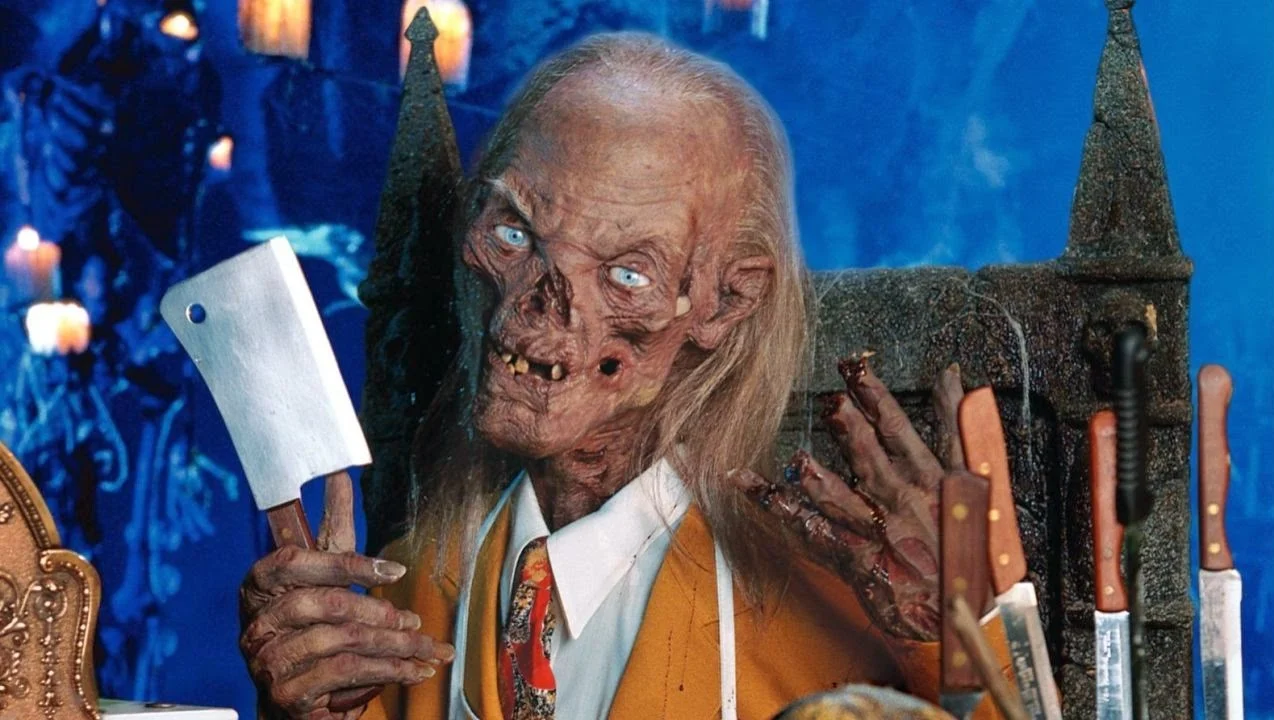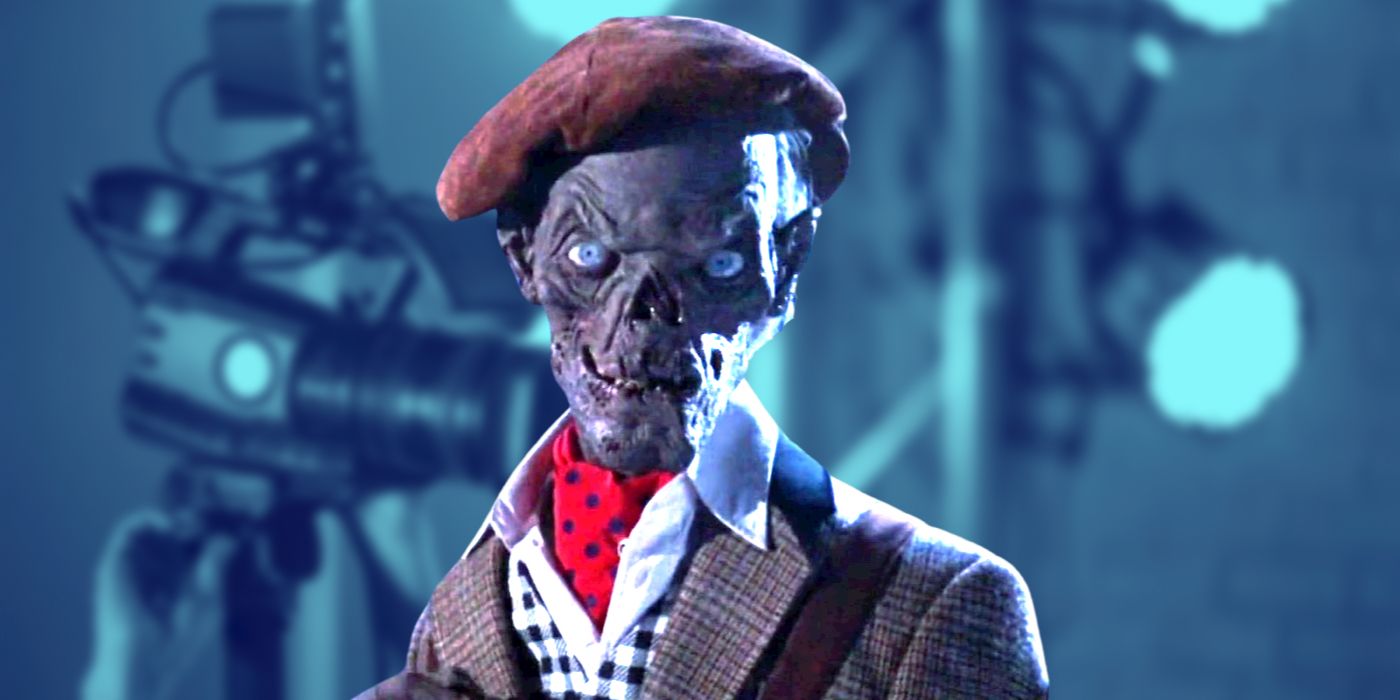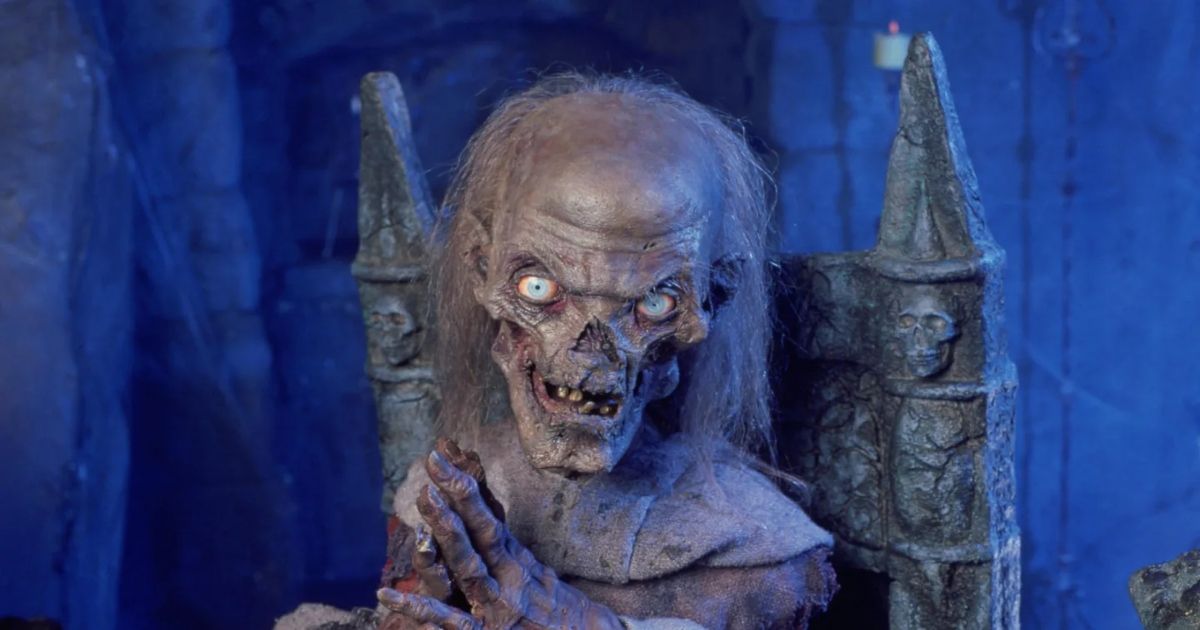
There’s a certain, almost comforting cackle that signals the descent into delicious depravity. A creaking coffin lid, a skeletal hand beckoning, and the gravelly voice of the Crypt Keeper promising a tale of woe.
But beneath the gleefully grotesque puppets and the deliciously campy violence, HBO’s Tales from the Crypt was more than just an anthology horror show. It was a dark, often brutal, psychoanalysis of human nature at its most venal, laying bare the consequences of greed, lust, envy, and every other delicious sin the human heart can conjure. For the connoisseurs of the psyche’s shadows at horrorpsych.us, this wasn’t just entertainment; it was a weekly dissection of cosmic comeuppance.
The very premise of Tales from the Crypt was a psychological trap. Each episode presented a seemingly ordinary person, often driven by profoundly selfish or malicious desires, who then faced a karmic retribution perfectly tailored to their transgression. This wasn’t about external monsters; it was about the monstrousness already residing within. The horror wasn’t just the ghoulish fate, but the chilling recognition of humanity’s darker impulses, amplified and then ruthlessly punished.

Consider the recurring archetypes that populated the Crypt Keeper’s grim parables. The cheating spouse, the avaricious businessman, the vain celebrity, the cruel tormentor – they were all laid bare, their inner ugliness exposed and then twisted into external torment. The show excelled at revealing the psychological fragility beneath arrogance, the desperate insecurity fueling cruelty, and the insatiable void that drives greed. It was a relentless study in the self-defeating nature of vice.
What made this particularly potent was the show’s unflinching commitment to poetic justice, often with a deeply ironic, almost sardonic twist. The philanderer literally losing his head; the greedy heir drowning in money; the abusive husband becoming the ultimate victim of his wife’s calculated revenge. These weren’t just plot devices; they were exaggerated, visceral manifestations of guilt, paranoia, and the very fears that driven the characters’ initial wrongdoings. The torture was always a reflection of the transgression, a mirror held up to the guilty soul, shattering it into gruesome pieces.
The show’s consistent tone, maintained across various directors and actors, created a cohesive psychological universe. It was a world where morality wasn’t about good versus evil, but about immediate, inevitable consequence. There was no escaping the scales of justice, often weighted by the macabre hand of fate, or the Crypt Keeper himself. This consistent framework provided a perverse comfort: you knew, from the opening cackle, that someone was going to get what they deserved, and that the horror would be both creative and darkly satisfying.

And then there’s the Crypt Keeper himself. More than just a host, he was the show’s mischievous Id, reveling in humanity’s failings. His puns, his morbid glee, his breaking of the fourth wall – they served a crucial psychological function. He was the gleeful, amoral narrator, urging us to embrace our own fascination with the depraved, to laugh at the horrific fates, and to acknowledge the dark corners of our own schadenfreude. He made the uncomfortable palatable, even enjoyable, by framing it all as a grand, gruesome joke.
Tales from the Crypt tapped into a primal human fascination with transgression and punishment. It played on our subconscious fears of being “found out,” of our hidden sins being exposed and repaid in kind. It explored the psychological toll of guilt, even when unacknowledged, and the terrifying, often self-inflicted, nature of damnation. It reminded us that the true monsters often aren’t lurking in the shadows, but in the selfish desires and dark impulses that guide our everyday actions.
So, the next time that familiar theme music plays, and the Crypt Keeper’s bony fingers tap against his coffin, remember: you’re not just watching a scary story. You’re witnessing a raw, darkly comic, and ultimately chilling psychoanalysis of the human condition, where every wicked act gets its perfectly ghastly reward. And somewhere, deep down, a tiny part of you is probably cackling right along with him.






